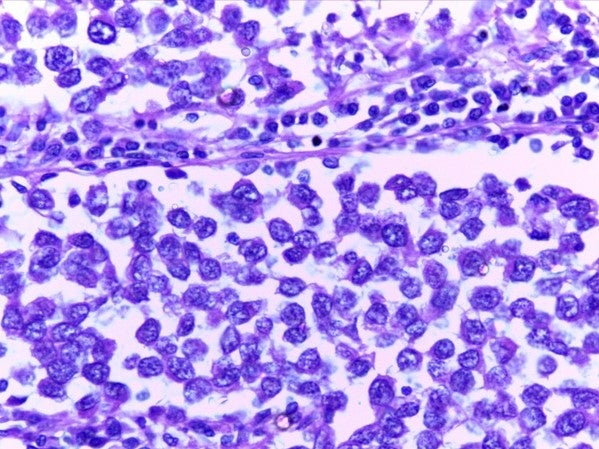
Physicists at The Institute of Cancer Research (ICR) and The Royal Marsden NHS Foundation Trust have devised a new treatment plan to avoid the impact of radiotherapy on sensitive organs near tumours and reduce associated side effects.
Radiotherapy involves delivering a high radiation dose to tumours in order to destroy cancer cells and spare healthy tissue. However, the therapy could lead to side effects that affect a patient’s quality of life.

Discover B2B Marketing That Performs
Combine business intelligence and editorial excellence to reach engaged professionals across 36 leading media platforms.
Currently, doctors consider patient scans and irradiate an area around a tumour to ensure it is hit by the radiation beam. The researchers added that these plans do not consider organs that are close to the beam’s path.
The new approach uses mathematical formulae to spare nearby sensitive organs from radiation damage by designing treatment margins that avoid the organs but treat the whole tumour.
These ‘adaptive margins’ are expected to decrease side effects and enable better overall treatment.
During the study, the researchers mapped each radiation beam to measure the cumulative exposure of tissue surrounding tumours, followed by accounting the position of nearby sensitive organs to adjust the margins used in treatment.

US Tariffs are shifting - will you react or anticipate?
Don’t let policy changes catch you off guard. Stay proactive with real-time data and expert analysis.
By GlobalDataWhen tested using data from five prostate cancer patients, the new plans were observed to enable delivery of radiation doses to tumours while also exposing nearby bladder and rectum to lesser radiation, compared to plans without any adjustments.
Study first author Henry Tsang said: “Our study shows adaptive margins that factor in the presence of nearby organs reduces their exposure to damaging radiation, while still treating the tumour.
“We demonstrated our technique to plan radiotherapy treatment for prostate cancer, but it could easily be adapted to other forms of the disease.”
The research was supported by Cancer Research UK and the NIHR Biomedical Research Centre at The Royal Marsden.




